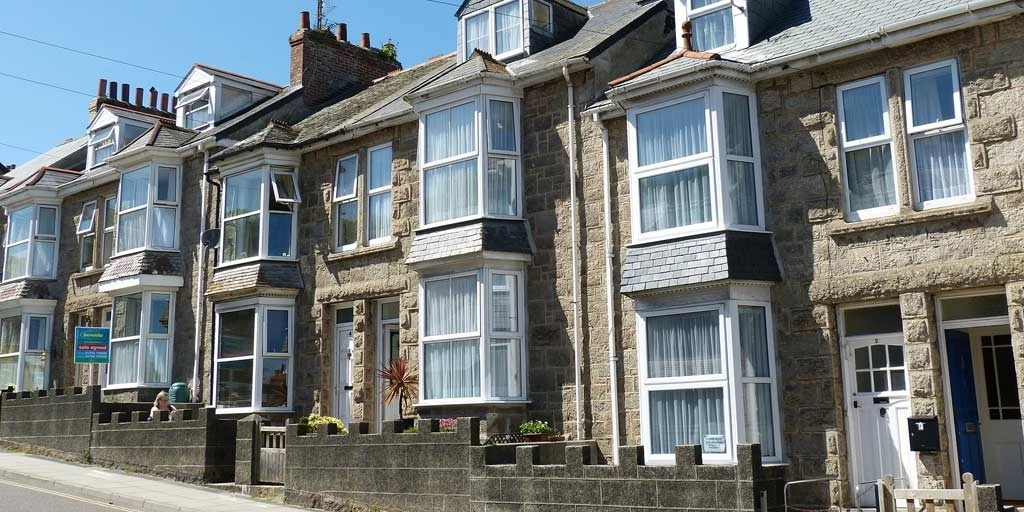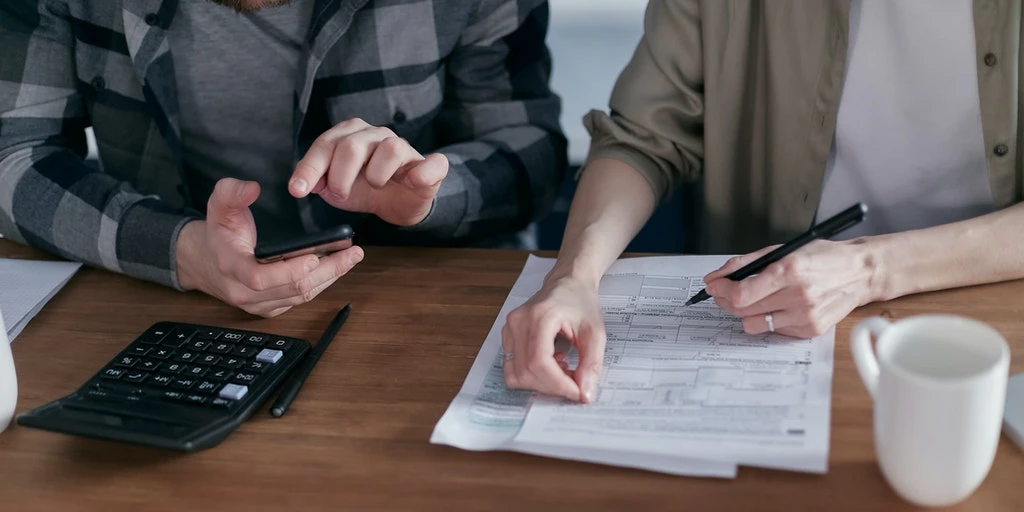What does mortgage affordability mean?

Mortgage lenders carry out affordability checks to ensure that you can afford the mortgage repayments.
Your mortgage advisor will ask you to provide evidence of your income and expenses including essential and non-essential out-goings, from utility bills and rent/mortgage payments to leisure costs such as a gym membership.
What do lenders usually take into consideration?
When working out how much you would be able to afford, lenders usually look at the following:
Your income:
- Your basic income
- Income from pensions or investments
- Other forms of income such as commission
Outgoings:
- Credit card payments
- Maintenance payments
- Insurance policies you have such as building, pet or car insurance
- Current loans or credit agreements you might have
- Bills, such as electricity, water and broadband
It’s important to have the correct documentation as lenders will need to see proof of your incomings and outgoings. For example, lenders will ask you to provide proof of income, if you’re an employee, this usually means providing copies of your last three pay slips, your most recent P60 and copies of your last three bank statements.
Mortgage lenders must also assess whether or not a borrower would still be able to make their mortgage repayments if your circumstances were to change, such as a decrease in your disposable income, or if an interest rate were to increase by a few percent.
Borrowers may even be asked about future plans, as this can sometimes impact their finances and ability to pay their mortgage repayments.
Whilst this may sound daunting, it’s important to remember that affordability assessments have been designed to ensure that the amount you are borrowing can be repaid to prevent you from experiencing any financial difficulties in the future.
These questions are to help both you and your mortgage lender. If you were to agree to a mortgage that you realised you couldn’t afford, the lender would have to carry out legal proceedings which could result in your home being repossessed.
What happens if you fail affordability checks?
If a mortgage lender doesn’t think that you can afford the monthly mortgage repayments, they will most likely decline you application.
A declined application will stay on your credit profile, which may affect your chances of getting a mortgage approved with another lender. However, at Central Trust we do our best to help every client, even if you have previously been turned down by previous lenders.
Need advice? We can help.
We have years 30 years of experience in helping people find the right type of loan for their circumstances, specialising in secured lending for those who have a poor credit score, that had previously been turned down by high street lenders.
If you are considering taking out a second charge mortgage and would like to discuss your options with a qualified advisor, call us free on 0800 980 6273, or complete our enquiry form and we will call you back.
THINK CAREFULLY BEFORE SECURING OTHER DEBTS AGAINST YOUR HOME. YOUR HOME MAY BE REPOSSESSED IF YOU DO NOT KEEP UP REPAYMENTS ON A MORTGAGE OR ANY OTHER DEBT SECURED ON IT.
More news
Previous article

We have expanded our product range
Our 1st and 2nd charge CBTL offering is now available on interest only, effective immediately.
Next article

What are debt consolidation loans?
What are debt consolidation loans and how do they work?